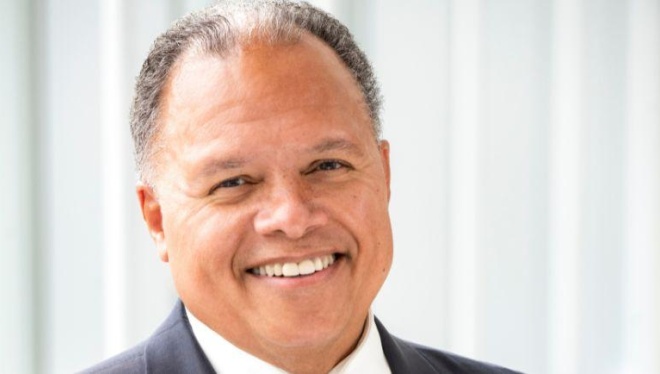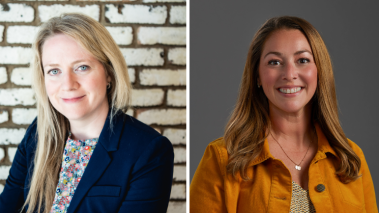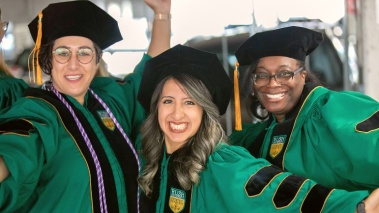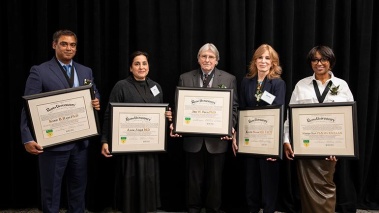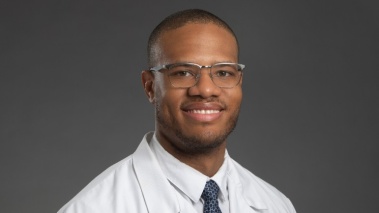RUSH Names Robert S.D. Higgins, MD, MSHA, President & Chief Academic Officer of RUSH University
January 25, 2024
Robert S.D. Higgins, MD, MSHA, has been selected to serve as the next President & Chief Academic Officer of RUSH University and Chief Academic Officer

